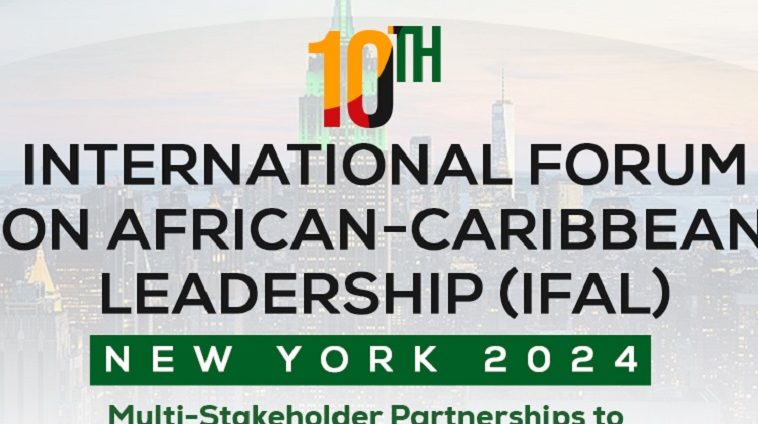Global trade policies have always been a factor influencing Africa’s economic development. Africa’s growth trajectory is shaped by how global powers—such as the United States, China, and the European Union—craft trade agreements, tariffs, and market access policies. The most notable is the African Continental Free Trade Area (AfCFTA), which came into effect in January 2021. This agreement aims to create the largest free trade area in the world by connecting over 1.3 billion people across 54 African countries with a combined GDP of $3.4 trillion. According to the World Bank, AfCFTA could boost Africa’s income by $450 billion by 2035, lifting 30 million people out of extreme poverty.
However, while intra-African trade is increasing, Africa’s exports remain concentrated in a few commodities like oil, minerals, and agricultural products, leaving the continent vulnerable to fluctuations in global commodity prices.
The Role of Global Trade Policies
Global trade policies significantly influence Africa’s ability to access international markets. Trade barriers, tariffs, and subsidies imposed by powerful trading blocs can either open or restrict market opportunities for African exports. For instance, the European Union’s Economic Partnership Agreements (EPAs) with African countries aim to foster trade by removing tariffs and increasing market access. However, critics argue that these agreements favour the EU, as African nations often struggle to compete with subsidised European goods.
Similarly, the African Growth and Opportunity Act (AGOA), a United States trade policy established in 2000, has provided African countries preferential access to U.S. markets for goods such as textiles and apparel. According to the Office of the United States Trade Representative, AGOA-eligible exports to the U.S. increased from $8.2 billion in 2001 to $12.5 billion in 2019. Despite this, many African nations have not fully capitalised on AGOA due to supply chain inefficiencies and a lack of industrial capacity.
Impact of Protectionism and Tariffs
In recent years, the rise of protectionist policies and trade wars, particularly between the United States and China, has created uncertainty in global trade. African economies, many heavily dependent on exporting raw materials to China, are particularly vulnerable to disruptions in global trade flows. For example, Chinese demand for African commodities such as copper and cobalt dropped during the U.S.-China trade war, negatively affecting countries like Zambia and the Democratic Republic of Congo.
The World Trade Organisation’s (WTO) special treatment for developing countries, including many in Africa, is being challenged. Advanced economies are pushing for stricter trade rules, which could limit Africa’s ability to protect nascent industries with tariffs and subsidies. This could hinder the continent’s efforts to industrialise and diversify away from raw material exports.
READ ALSO: Inflation and Innovation: Economic Trends Impacting Africa’s Financial Markets
Opportunities in Global Trade Reforms
There are opportunities within global trade policy reforms that could benefit Africa. The shift towards more sustainable and ethical trade practices, driven by global concerns over climate change and social responsibility, can provide new avenues for Africa to expand its exports. For instance, Africa’s vast potential in sustainable agriculture and renewable energy could position it as a key supplier in the global green economy.
Moreover, the AfCFTA offers a framework for African nations to negotiate collectively on global trade agreements, enhancing their bargaining power. With a unified voice, African countries can better advocate for fairer terms in trade deals, reducing their vulnerability to external shocks and ensuring that global trade policies align with their development goals.




